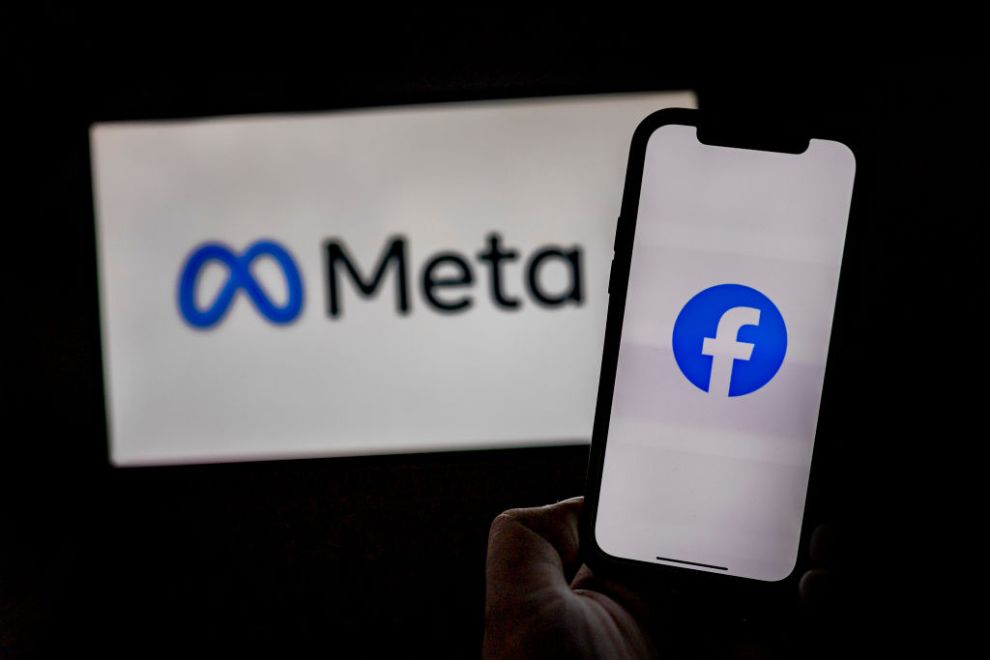Meta announced on Friday that it is ending its diversity, equity, and inclusion (DEI) programs, marking a significant shift in its internal policies. Janelle Gale, Meta’s vice president of people, shared the news in an internal memo, citing legal and political challenges as key reasons for the decision.
“The Supreme Court of the United States has recently made decisions signaling a shift in how courts will approach DEI,” Gale wrote. “It reaffirms longstanding principles that discrimination should not be tolerated or promoted on the basis of inherent characteristics.”
The changes include the termination of the “Diverse Slate Approach,” which encouraged the consideration of qualified candidates from underrepresented groups for open roles. Meta will also end its diversity supplier program and equity and inclusion training initiatives. Additionally, the company’s DEI team is being disbanded, with Chief Diversity Officer Maxine Williams transitioning to a new role focused on accessibility and engagement.
Meta Employees Speak Out
The decision has sparked significant backlash among employees. Many voiced their frustrations in the company’s Workplace internal communications forum. One employee commented, “If you don’t stand by your principles when things get difficult, they aren’t values. They’re hobbies.” The comment garnered reactions from over 600 colleagues.
The move comes as Meta undergoes broader organizational changes. Earlier this month, the company announced the replacement of its global affairs head with Joel Kaplan, a figure closely associated with the Republican Party. Meta also recently ended its third-party fact-checking program, signaling a shift in its approach to content moderation.
Meta attributed the policy change to evolving legal and cultural landscapes surrounding DEI initiatives. Critics of such programs have argued they suggest preferential treatment, a stance reinforced by recent Supreme Court rulings.
While Meta has not provided a public statement on the backlash, the internal memo acknowledged the charged nature of the DEI debate. “The term ‘DEI’ has become charged, in part because it is understood by some as a practice that suggests preferential treatment of some groups over others,” Gale noted.
The abrupt end to these programs marks a turning point for one of the world’s largest tech companies, leaving many employees and advocates questioning the future of inclusivity at Meta.

